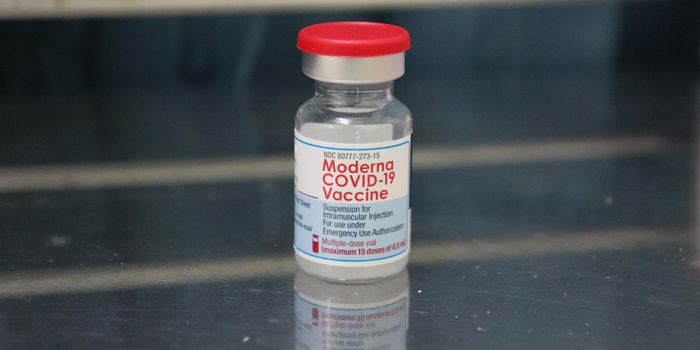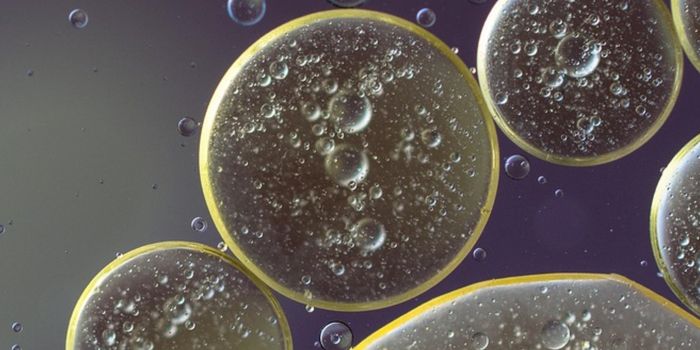Vitamin B12 is a Crucial to Cellular Reprogramming & Tissue Regeneration
Vitamin B12 is almost exclusively found in animal products, and this essential vitamin can be difficult for vegetarians and vegans to obtain. It is made through bacterial fermentation in the gut, where it is absorbed, and can be consumed in meat, fish, milk, eggs, and fortified foods. One vegetarian source is tempeh, in which the vitamin is made during the fermentation of soybeans, though soybeans do not contain B12. The vitamin has important roles in blood cell formation, cell metabolism, and the maintenance of the central nervous system. New research has shown that vitamin B12 is also essential to tissue regeneration and cellular reprogramming. The findings have been reported in Nature Metabolism.
The functions of a cell, whether that cell is a part of the brain, heart, or some other organ, are largely dictated by the genes it expresses; different cell types may contain the same genome, but the genes that are active within the cell gives rise to its identity. In cellular reprogramming, cell identity is lost, and cells return to a pluripotent state in which they can specialize, or differentiate into any type of cell. This process can also be induced in the lab to create pluripotent stem cells from adult skin cells, for example, by triggering the expression of a set of genes (OCT4, SOX2, KLF4, and MYC).
In this study the investigators found that in mice, vitamin B12 is required for cellular reprogramming. When the vitamin was reduced in food given to mice and they became deficient in B12, reprogramming was impaired. Cellular reprogramming is also thought to parallel some aspects of tissue repair's early phases.
When the mice were given vitamin B12 supplements, reprogramming became significantly more efficient.
Next, the investigators showed that vitamin B12 supplements improved cellular reprogramming and repair in a model of ulcerative colitis. Intestinal bowel disease patients may benefit from vitamin B12 supplements, if they are able to absorb the vitamins these supplements contain.
"Our research uncovers a critical role of vitamin B12 in cellular reprogramming and tissue repair. These findings hold promise for regenerative medicine, with the potential to benefit patients through an improved nutrition," said senior study author Dr. Manuel Serrano of the Institute for Research in Biomedicine (IRB Barcelona), among other appointments.
Additional work revealed that vitamin B12 plays a role in methylation, a key part of cellular reprogramming. When B12 levels were low during tissue repair or cellular reprogramming, epigenetic changes happened that caused problems with the expression of several genes. These errors were also corrected with B12 supplements.
Sources: Institute for Research in Biomedicine (IRB Barcelona), Nature Metabolism









